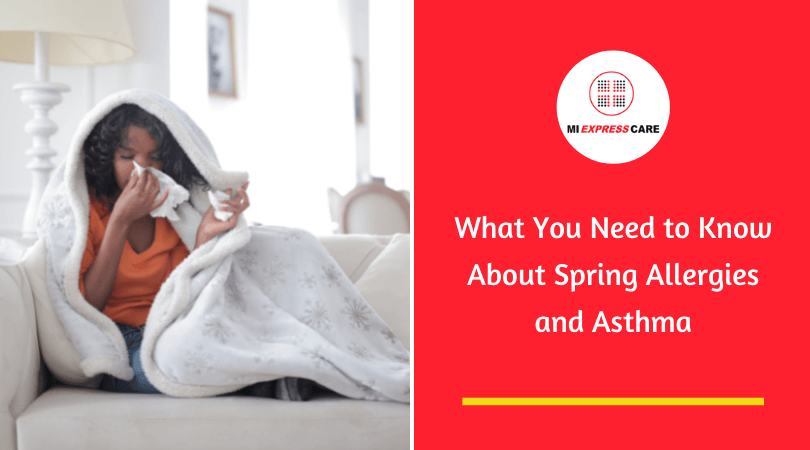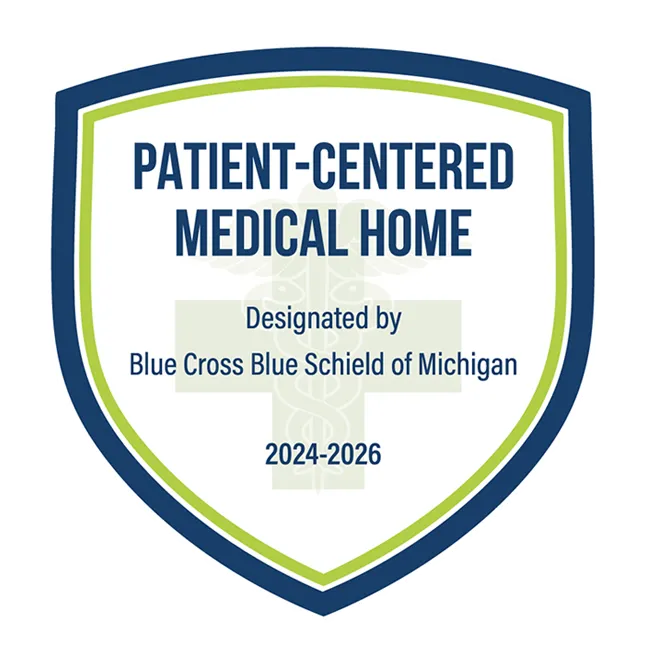


Spring is the beginning of the allergy season, meaning allergies are likely to flare up. Symptoms (like sneezing, itching, swelling, runny nose, and watery eyes) occur when a foreign material reaches the body and is perceived as a hazard by your immune system. Your body responds by releasing histamines, generating mucus, and sending extra fluids to the infected area in “defense mode.”May was declared as the “National Asthma and Allergy Awareness Month” in 1984 by the Asthma and Allergy Foundation of America (AAFA). AAFA states that about 30% of adults and 40% of children suffer from allergies. CDC says that asthma affects 5% to 10% of the American population.Here is exactly what you need to know about spring allergies and asthma.
Asthma is a chronic condition that mainly affects the lungs and trachea. When asthma symptoms worsen, your respiratory system can swell up, causing wheezing or shortness of breath.Also read: What You Need to Know About Asthma
Since more pollen is in the air because of plants blooming during the spring, allergies are triggered more often. And with allergies seeing a spike, asthma symptoms are more likely to appear.
Doctors can prescribe fast-acting relief inhalers to treat asthma symptoms for people who have sporadic asthma flare-ups. These are anti-inflammatory medicines that block the allergic response and treat asthma.
The length of an allergic asthma attack depends on the cause of the flare-up. It also depends on how inflamed the airways are. Mild allergic asthma episodes generally last for a few minutes, while the severe ones can go on for hours or even days.
Environmental allergies can impact your lungs. For example, hay fever affects your nose and sinuses causing sneezing, congestion, and itchy eyes, while asthma can affect your lungs, causing coughing, chest tightness, wheezing, rapid breathing, etc.
Yes, it can. Chest tightening and chest heaviness are an indication of the onset of an asthma attack.
The best ways to prevent reactions are taking your medicines in the prescribed amounts and on time, avoiding allergens as much as you can, and watching out for polluted air quality in your locality.At MI Express Urgent Care and MI Express Primary Care Center, we are here to assist you with any issues related to asthma and allergy.




